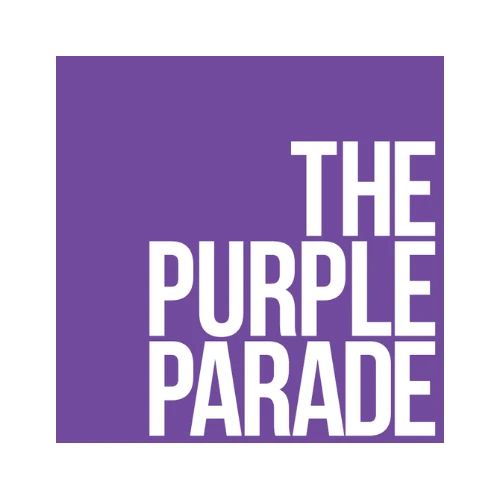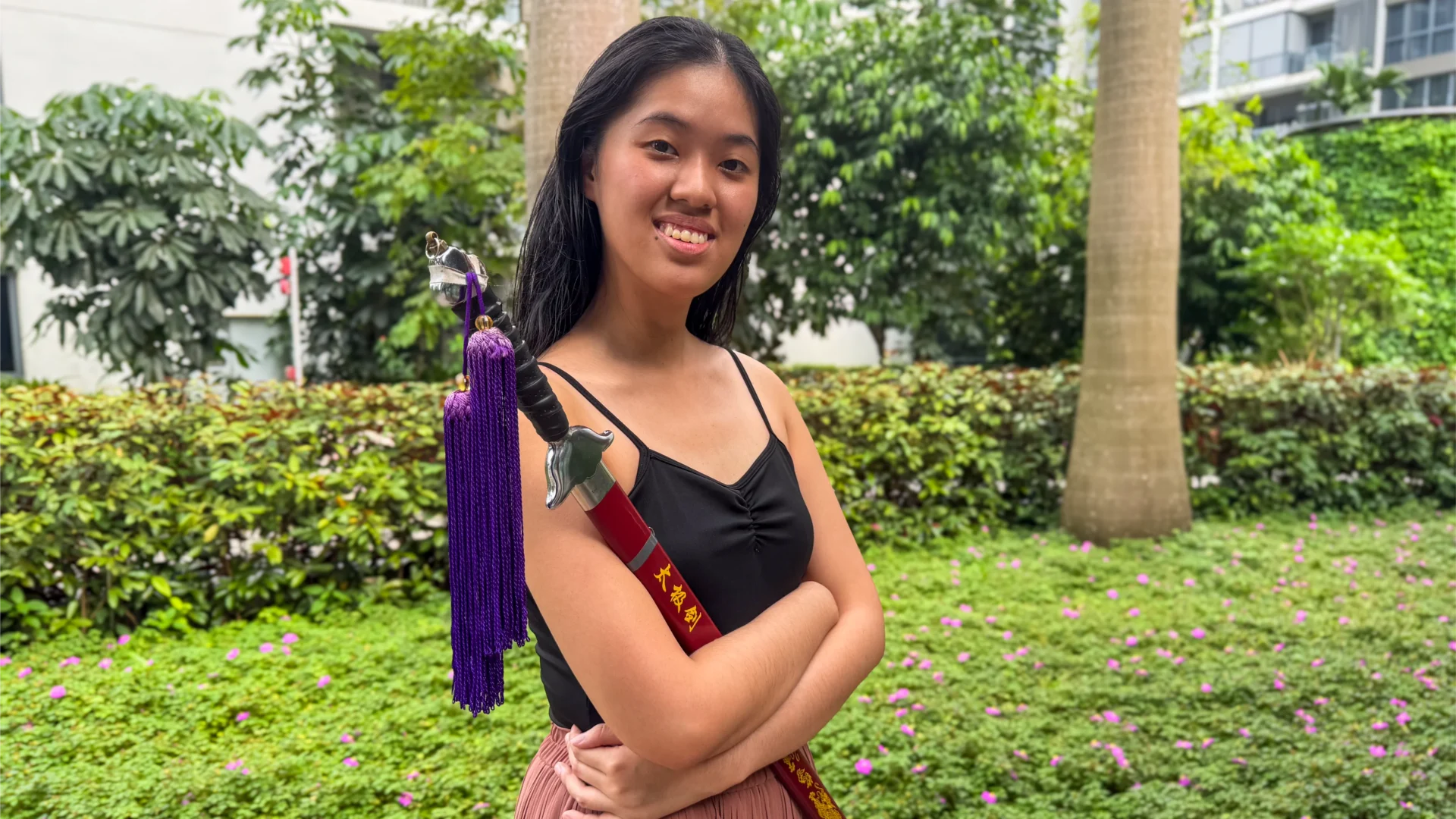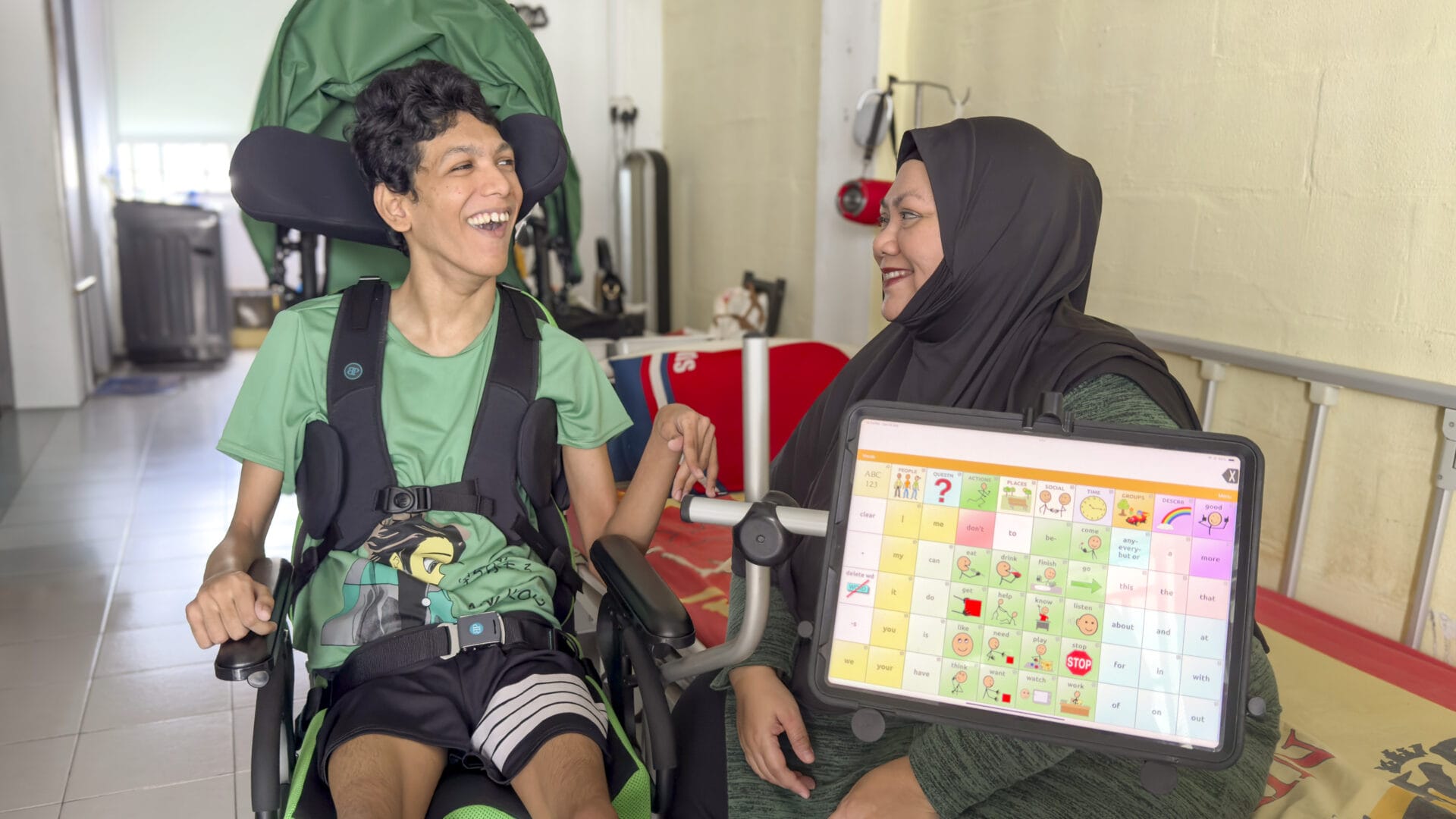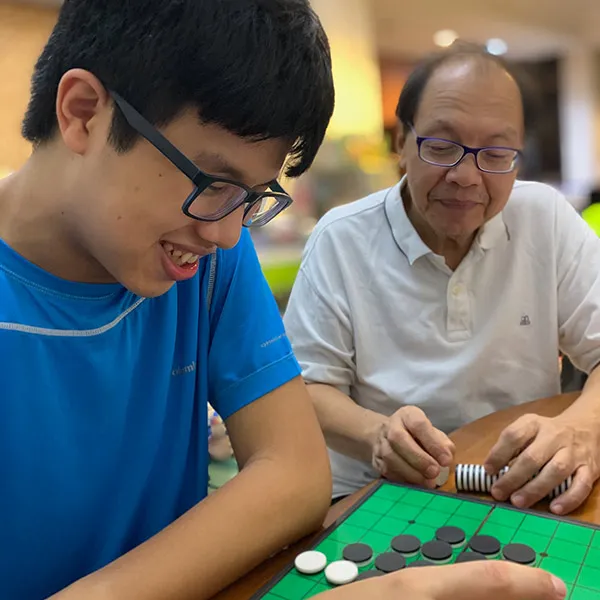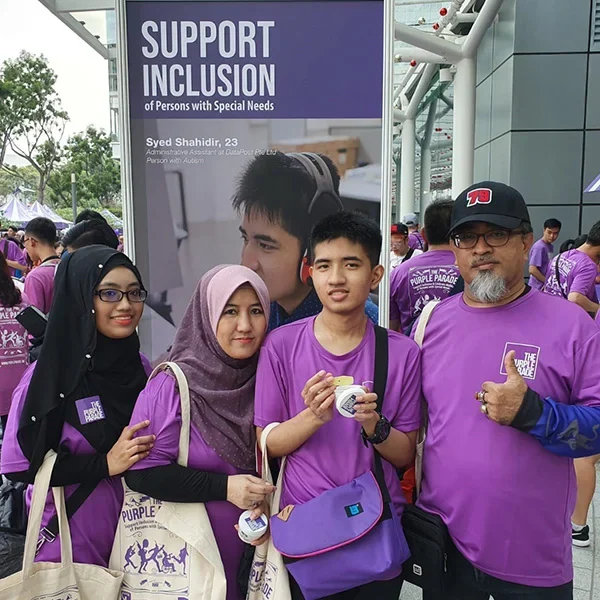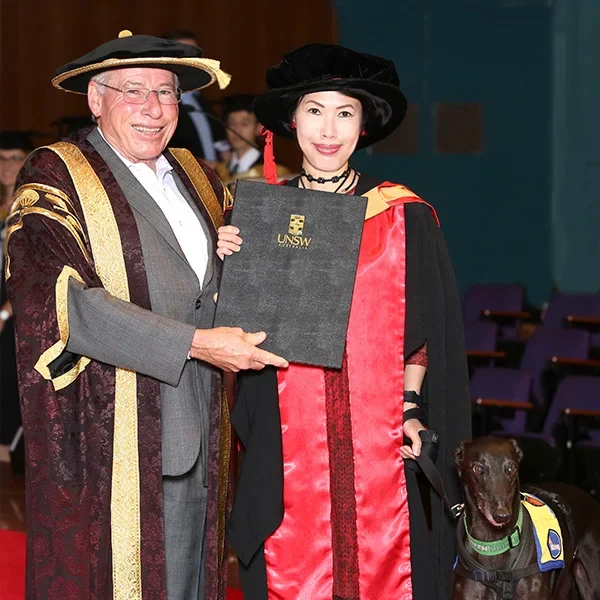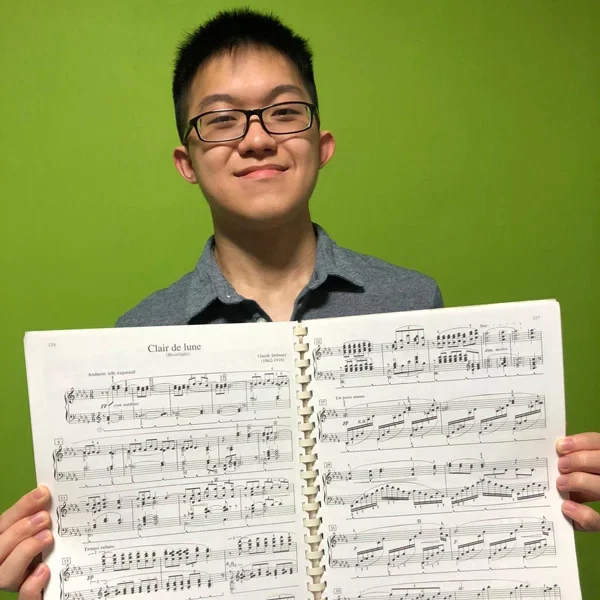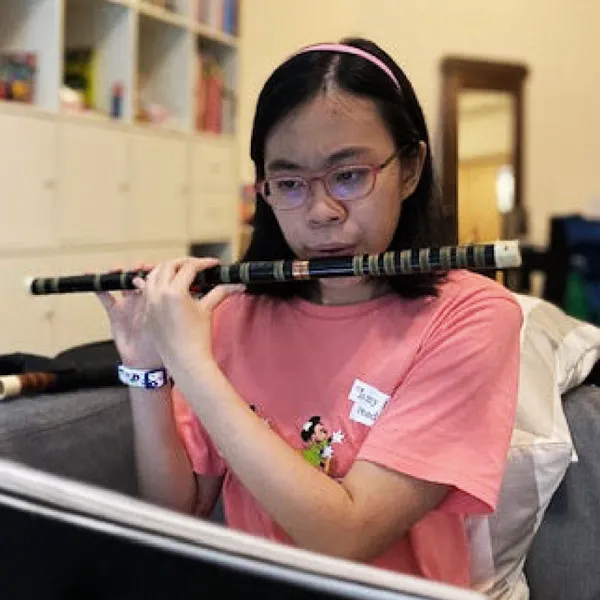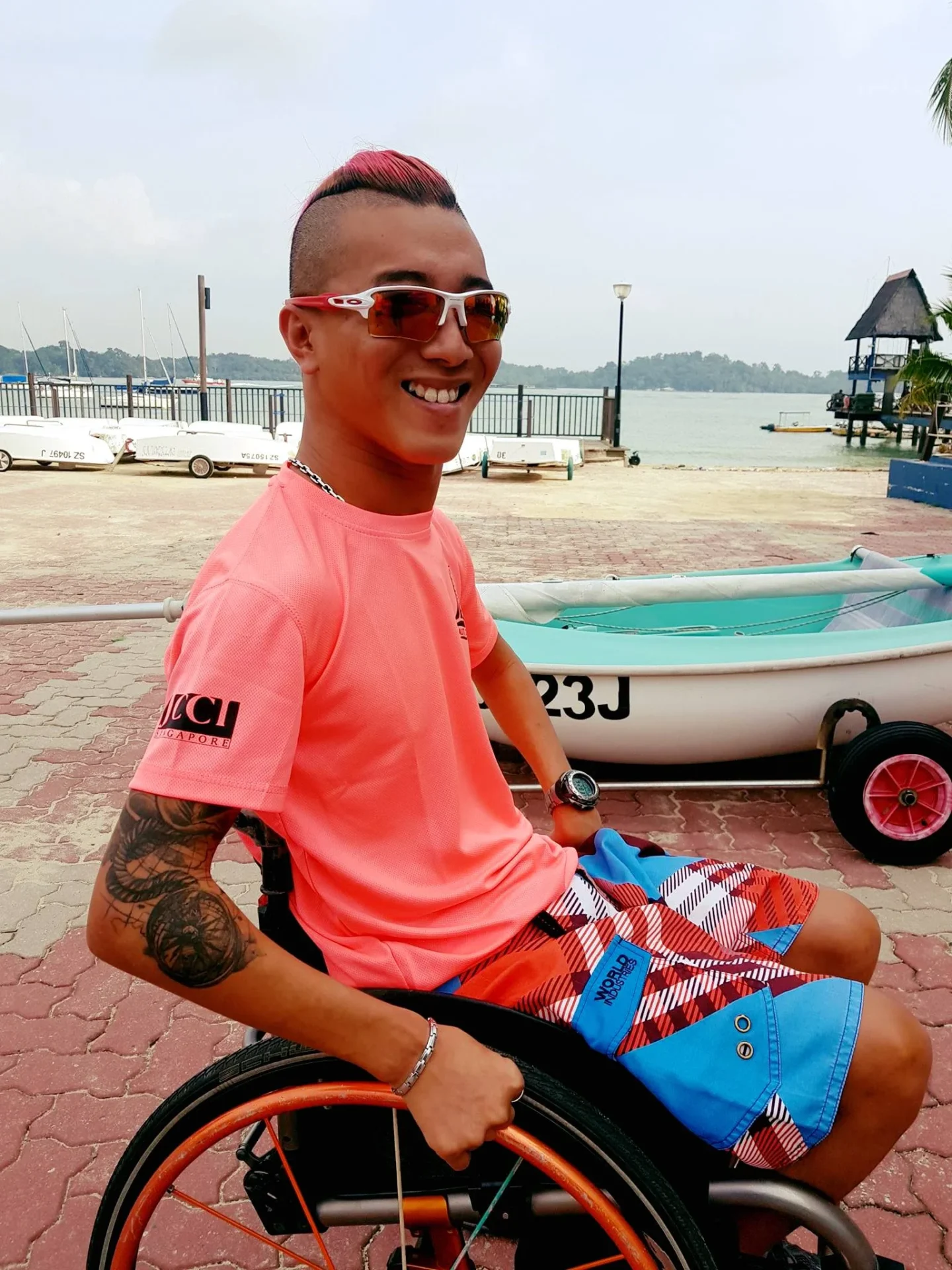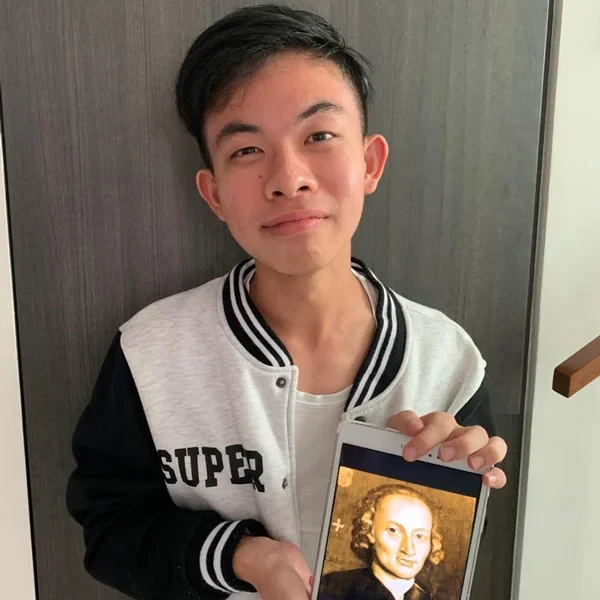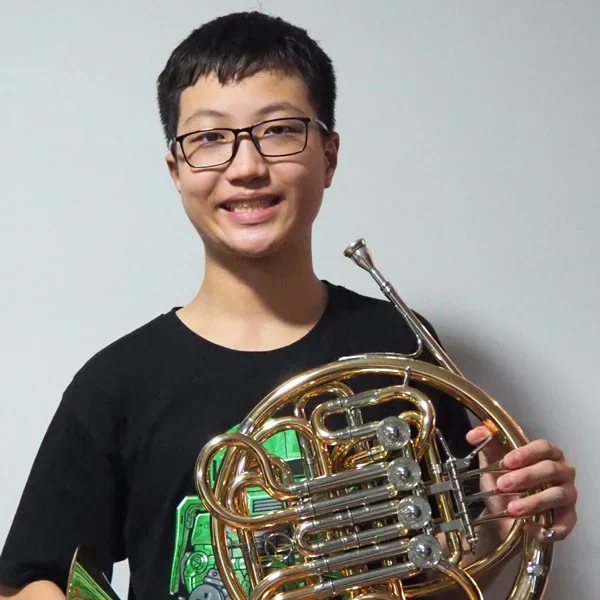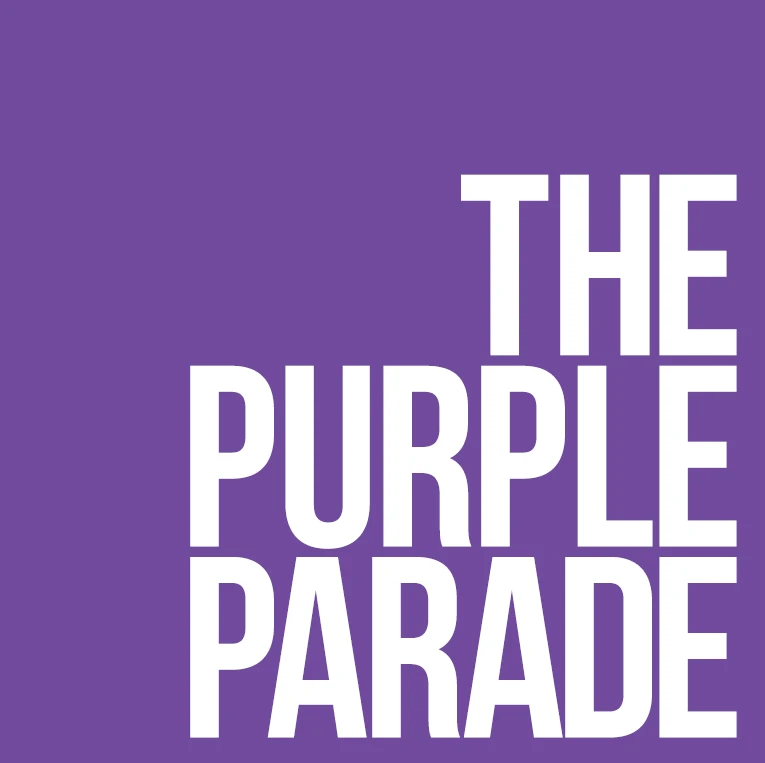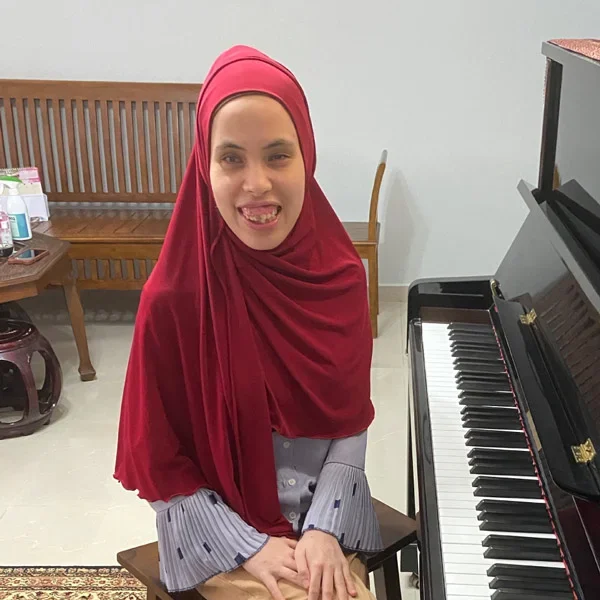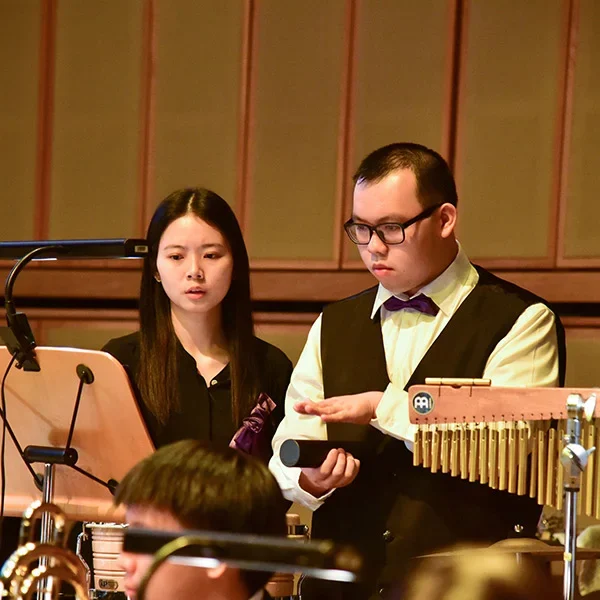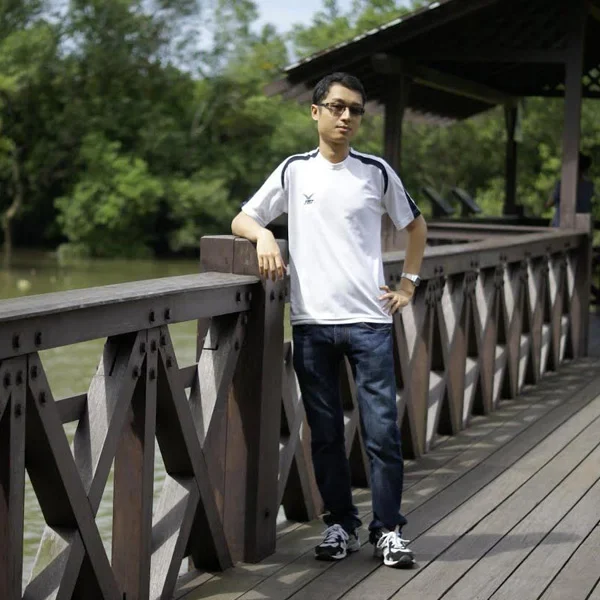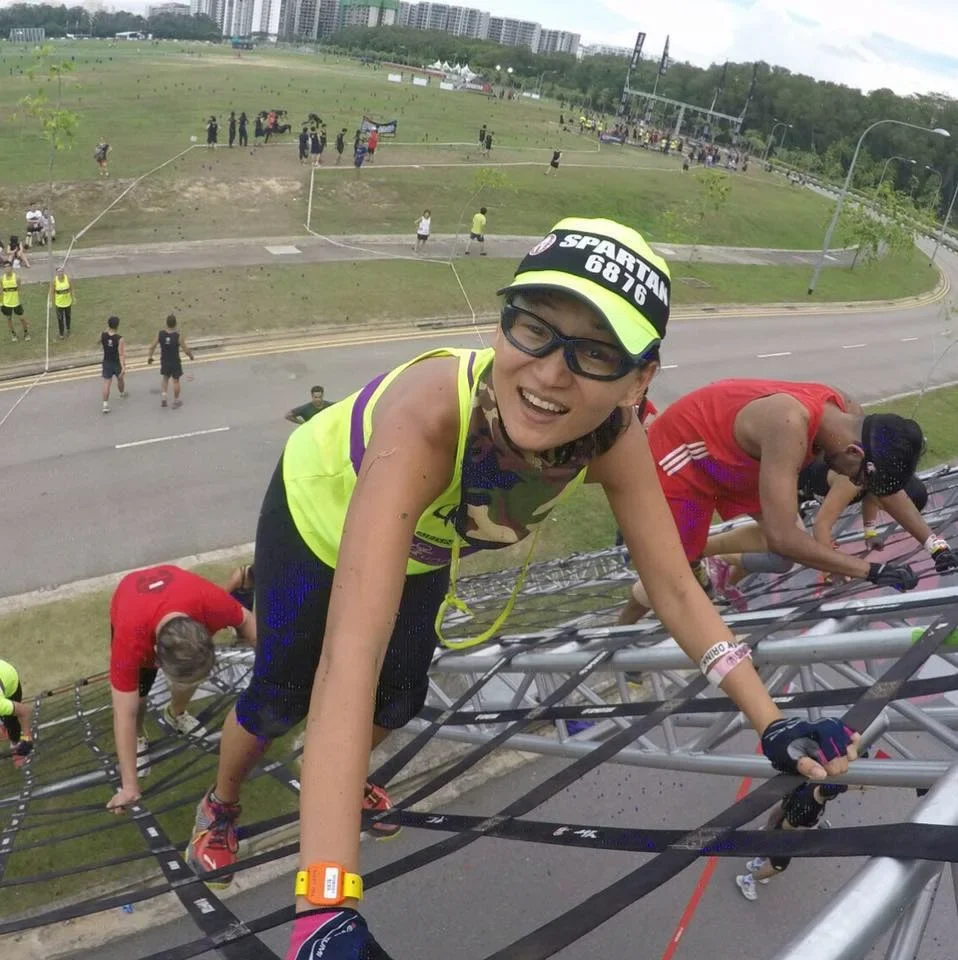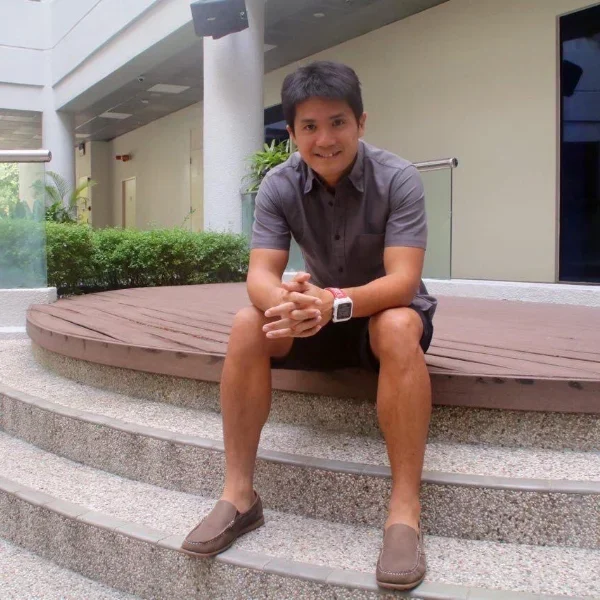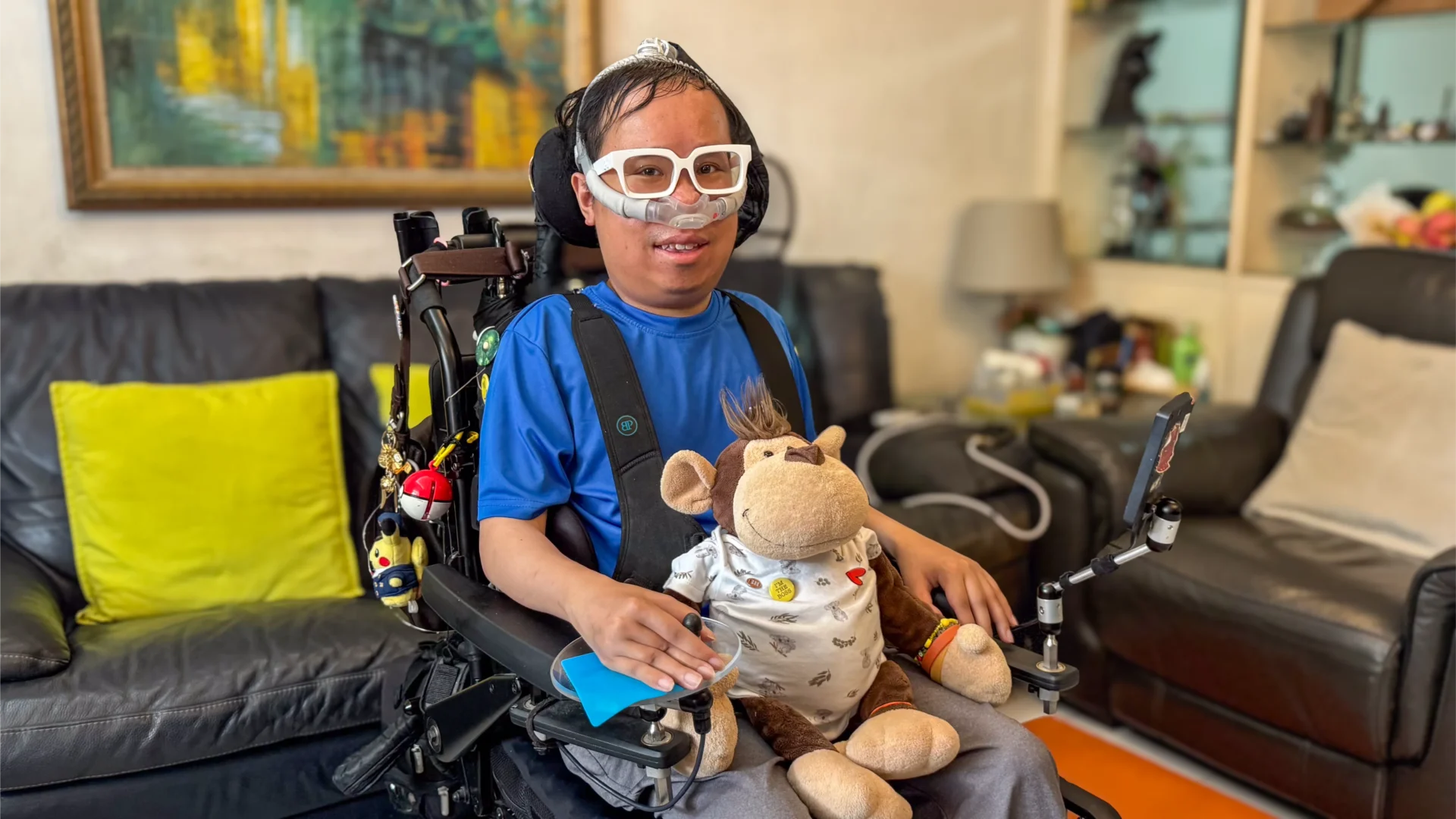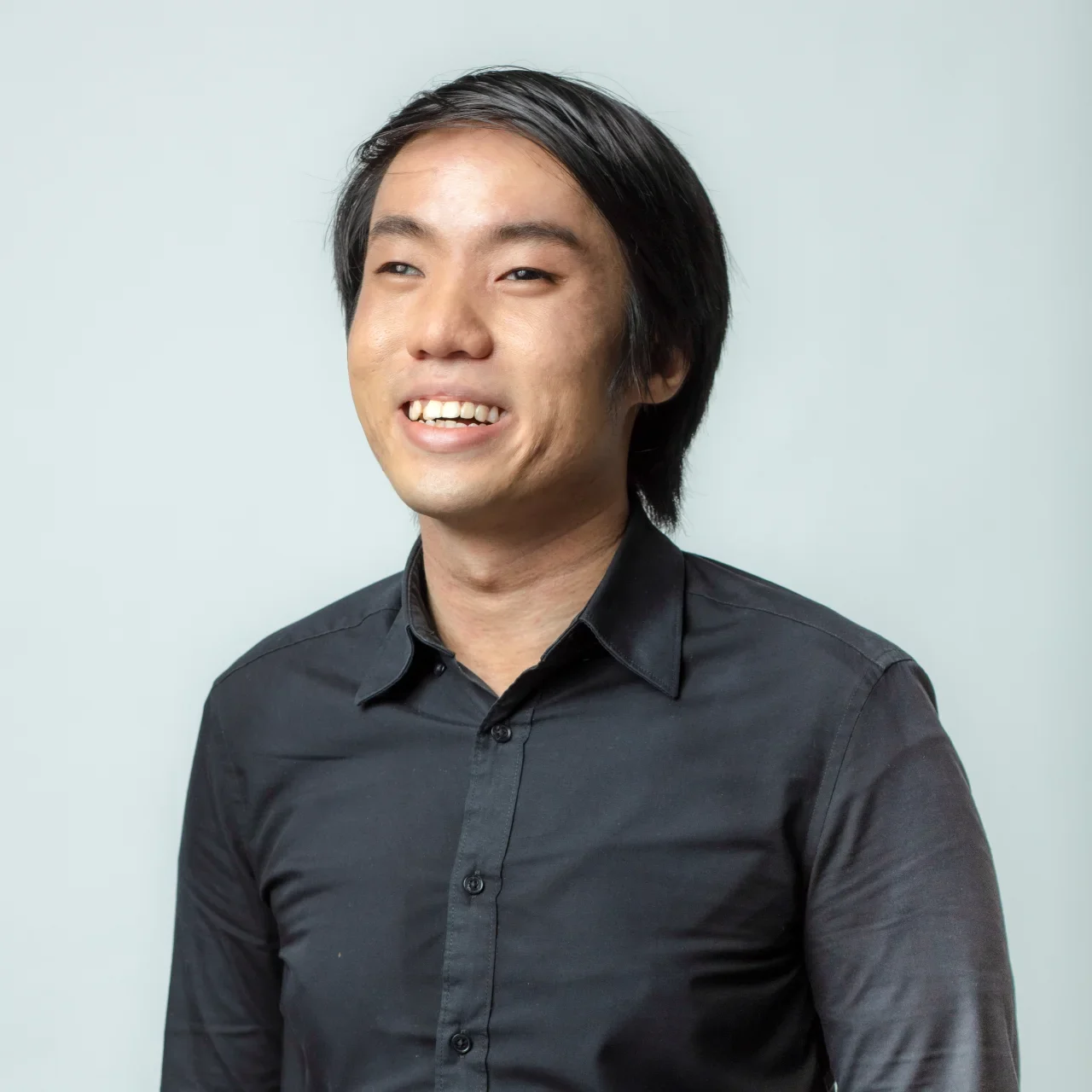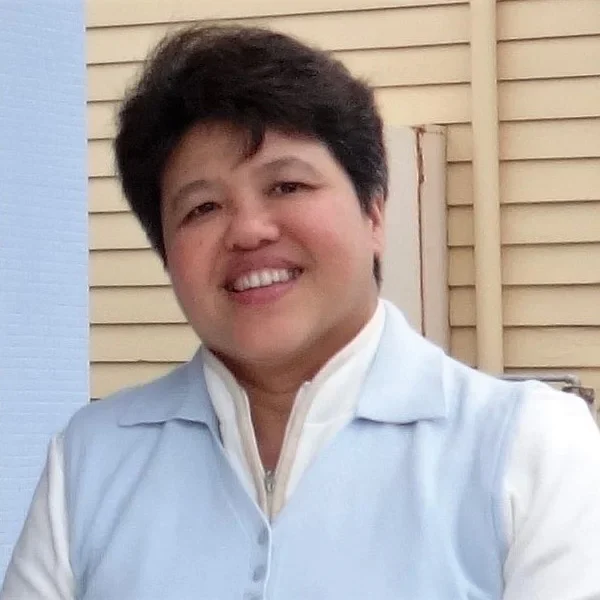Jade Ow
From “Loner” to Leader in the Disabled Arts
What were some of the challenges when it came to accepting your disability?
For a long time, I found it really difficult to have anything resembling a positive thought regarding my deafness.
At school, I was bullied for using hearing aids because I looked different. When I would need to tell my teachers what kinds of learning accommodations I would need, it made me feel like a freak. Someone not normal.
I’ve always been self-conscious about my “deaf accent”. I speak with a lisp because I can’t hear my own voice fully, and people sometimes find my accent difficult to understand. Their frustration sometimes made me wonder if I should have just kept my mouth shut.
Later, I had a job as a lighting technician… For 3 days. I was fired because I couldn’t hear the verbal instructions given to me, and I couldn’t read the lips of the crew members from afar.
As a young girl, experiences like these made me feel useless and very ashamed about my disability. Why couldn’t I be “normal” just like everyone else?
Did you know?
People who are deaf or hard of hearing can experience difficulties with speech, resulting in their words sometimes sounding muffled, having a lisp, or having a monotone inflection. This is sometimes referred to as a “deaf accent”. This happens because the hearing loss means it is challenging to hear clearly, which then makes it difficult to replicate what others are saying to pronounce words correctly. This can be improved with practice and speech therapy; alternatively, some people with hearing loss choose to use sign language instead!
What helped you come to accept your disability?
I think a number of things have helped over the years, especially as I’ve gotten older.
First, my parents were always there to support me and make sure I had my fundamentals taken care of. My parents are typical Asian parents – in the sense that they believe anything can be solved as long as you have a proper education.
For me, this meant tons of practice with my mother, who would use flash cards to coach me on how to improve my pronunciation of words as a young girl. My speech obviously isn’t perfect, but it’s a lot better than it would’ve otherwise been without all that drilling… Even though I absolutely hated it as a kid. I have to give my parents that credit, and I really appreciate them being there from the very beginning.
But I think what helped me find my own voice was being introduced to disability arts through Art:Dis. They’re a charity organization in Singapore that focuses on opening opportunities for people with disabilities to explore the arts.
I’ve always been a creatively-driven person. I signed up for (and won) several writing competitions in school. I love Chinese calligraphy, dancing, and even martial arts!
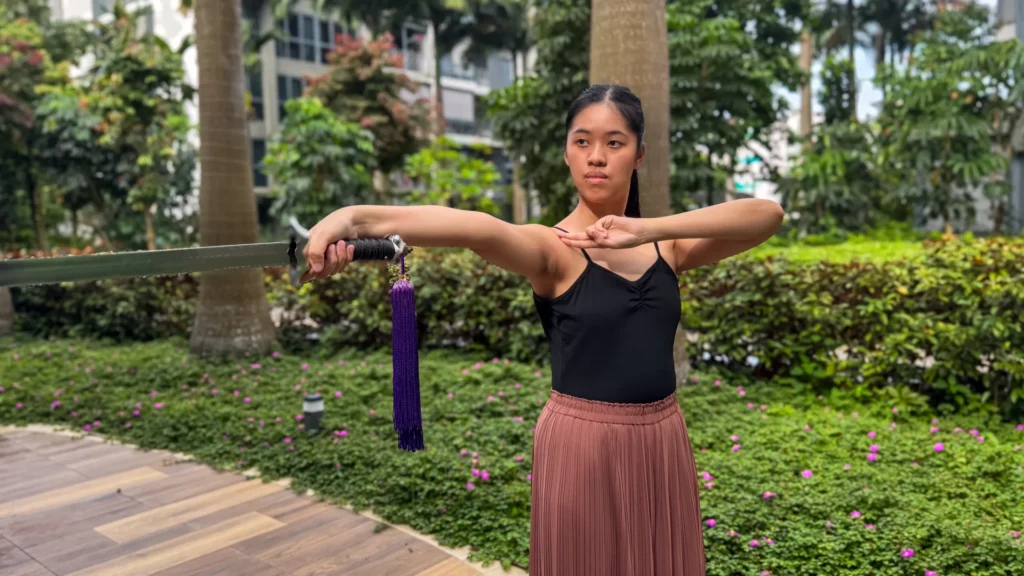
But my one true love is acting.
At Art:Dis, I’ve received training and mentorship in the performing arts. Their trainers are specially equipped to teach people with disabilities. There, surrounded by other students with different conditions–some were wheelchair users, others were vision impaired, and some were hard of hearing like me–I think it helped me realise that I’m not the only person with a disability in the world. It was okay for me to be deaf.
I was taught how to work with my deafness to be able to do the things regular performers do: communicate, tell stories, and express ourselves through our art. I started to be more comfortable in my own skin because I realized that my deafness was something I could live with and be proud of. And I could become a truly good performer if I worked hard to get better at it.
As I’ve grown as a performing artist, I’ve gotten a chance to be in short films, perform on stage, and most recently, I was even part of a group that performed for a live audience at the Light to Night Festival at the National Gallery. It truly was such an honour to perform at such an iconic venue.
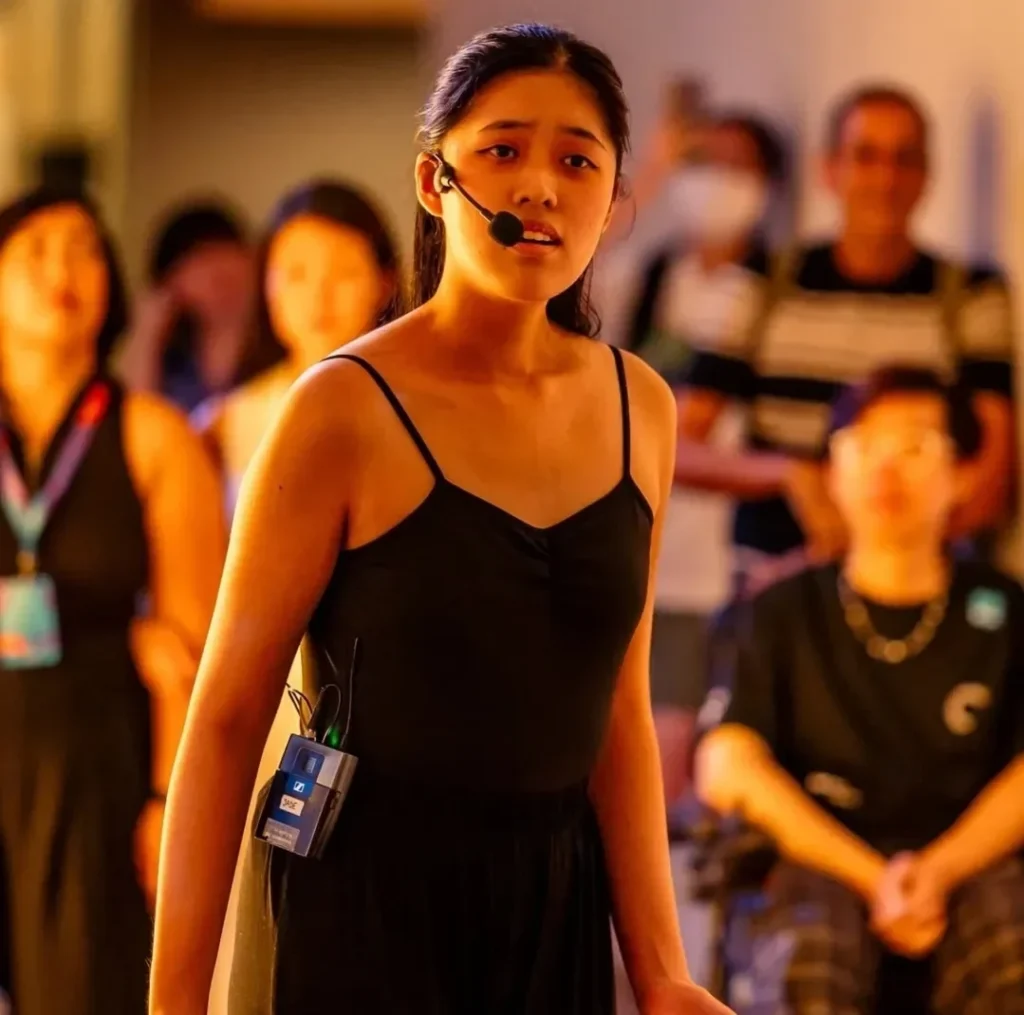
What opportunities exist for people with disabilities in the performing arts?
In many parts of the world, there are actors with all sorts of disabilities performing professionally. In the U.S., Marlee Matlin was the first deaf performer to win an Academy Award all the way back in 1986!
In Singapore, things are improving, but it is still a struggle to get performers with disabilities truly recognised as equal peers in the performing arts. Some people may perceive us to be more difficult to work with, or even not as capable. But that’s blatantly not true – there are numerous other performers who are deaf, vision impaired, or physically disabled who have been capable of winning prestigious awards like the Oscars and the Academy Awards.
I also think one thing that’s really important about the arts is that it is meant to reflect some aspects of our reality. And the truth is, people with disabilities exist in the real world. So we really should have more stories that include characters who are people with disabilities.
We have stories that can be told, and I think that’s very valuable.
What would you say to other people with disabilities who wish to explore the arts?
Don’t give up!
I know it can be very discouraging to be rejected. I’ve felt discouraged many times.
But as cheesy as it sounds, you won’t know if you don’t try.
As for me, I’ll continue trying. I think one thing that will help is continuing to have this ongoing dialogue about the place for people with disabilities in the arts.
My hope is that we can be more accepted in the industry, and I want to pursue a profession in this field.
Where will that take me? I don’t know. But I certainly will keep trying.
